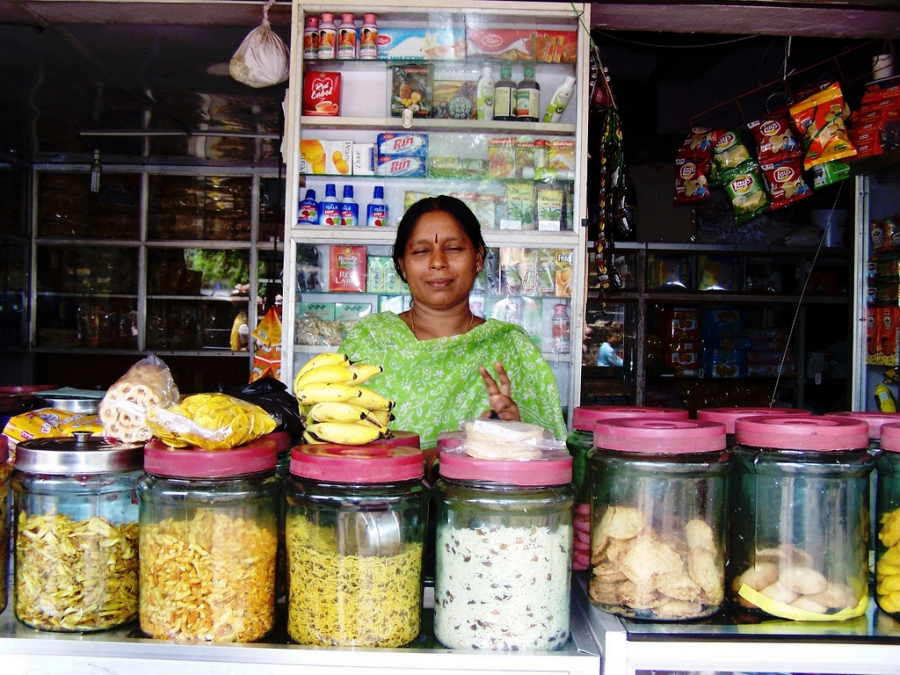India is dragging its feet into the digital age.
The largest Indian digital payments service is called Paytm. Paytm seeks to become the go-to banking service for India's digital era. Seeing a potential opening in the Indian market, several tech giants have financed Paytm, including Alibaba
However, the majority of Indians do not actually use Paytm for routine transactions. They prefer the convenience and anonymity of cash, in spite of efforts by the Indian government and global technology companies to get them to switch to digital payments.
Some headway has been made. There was a relatively large increase of digital payments via digital wallets in India in 2017 - a 64% bump. Similarly, transactions with the government-backed Unified Payments Interface spiked from practically none to $2.1 billion in December 2017.
Paytm enables its 90 million active users to purchase goods at physical stores, book tickets, transfer money to other users, and make real purchases from the company's online mall. Transactions take place by scanning bar codes on the smartphone app. It does business with small merchants by paying them set bounties of rupees for a set bundle of their customers who pay via Paytm, each month. Additional payments will follow if new customers become regular Paytm customers. This setup enables many small merchant-owned stores to serve as virtual ATMs or mini-branches for Paytm. Paytm's goals align with the government's national goals. Prime Minister Narendra Modi seeks to digitize the nation, starting with increasing cash-free transactions. In 2016, he banned most of India's currency in an effort to curb corruption and modernize India's outdated economic systems.

Despite this, India's cash economy remains prevalent over its digital one. This is largely due to the fact that only a third of all Indians have internet access. Furthermore, digital platforms have a poor track record for generating consumer trust, due to past incidents of digital pickpocketing and the accompanying fear of losing sensitive account data to untrustworthy strangers. Likewise, merchants are concerned that government officials are actually only motivated to promote digitized transactions because they wish to more tightly track all forms of commerce and collect more taxes. Paytm skeptics have also been questioning whether the company can maintain growth, given its current spending on incentives like cash-back options and free credit card processing.
Though India's market preferences have proved intractable thus far, tech companies remain hopeful that India will become the next China and experience its own mobile payments revolution. Still, Paytm and the Indian national government overall are charging forward with their agenda. Paytm's current long-term goal? To make digital transactions entirely free.














